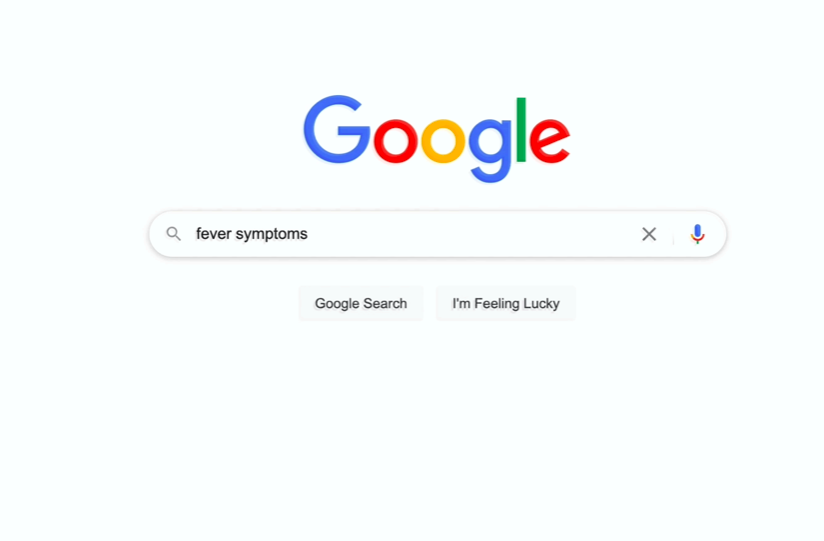Imagine trying to avoid a car crash. Every split second you spend deliberating what to do, you waste precious time needed to alter your course. Any delay between your brain’s perception of danger and your foot’s contact with the brake could mean the difference between life or death.
Members of Northeastern’s Laboratory for the Modeling of Biological and Socio-technical Systems (MOBS) apply the same metaphor to COVID-19 response policies in their new paper, which outlines an early warning system that can predict coronavirus trends weeks in advance of standard surveillance techniques.
Right now, the problem with monitoring COVID-19 trends is that the information, such as the number of cases or deaths, is already outdated by the time it becomes available. The delay between reporting and reality, spanning days and sometimes weeks, makes it difficult for public health officials to implement timely measures to fight the spread of COVID-19, says Matteo Chinazzi, a senior research scientist in the MOBS Lab.
Read the full story at News@Northeastern

